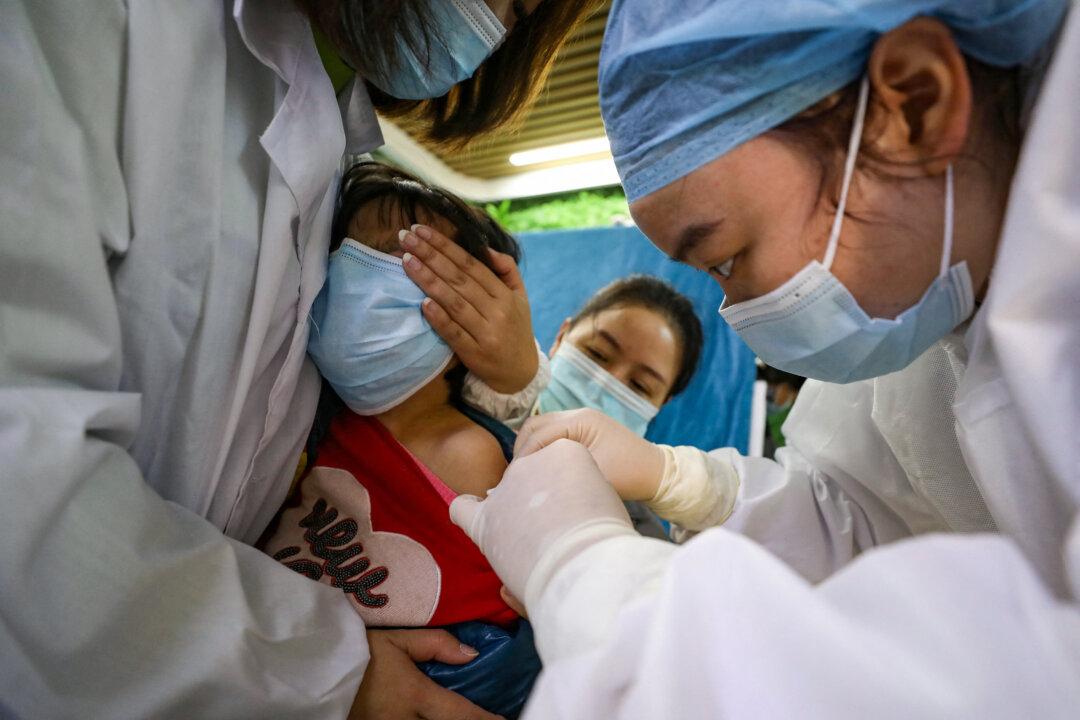He may be short in years, but not so with his COVID-19 testing record.
At not quite 2 years of age, the boy was born at a time of great upheaval—in January 2020 at the start of the pandemic, just days after Beijing instituted lockdown policies following a weeks-long delay in admitting the severity of the outbreak.





